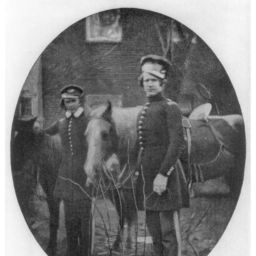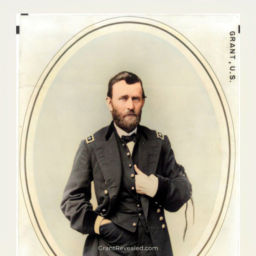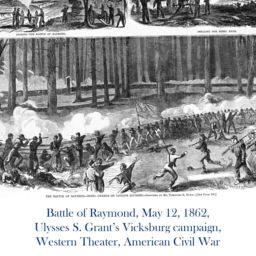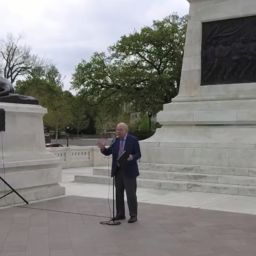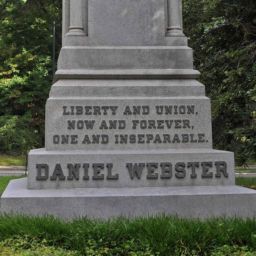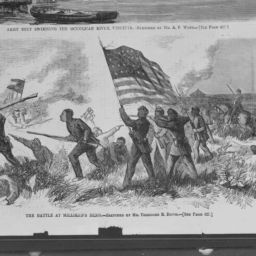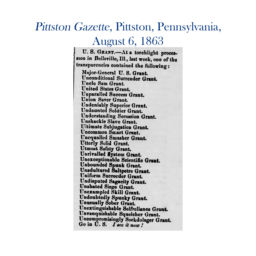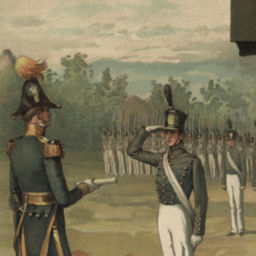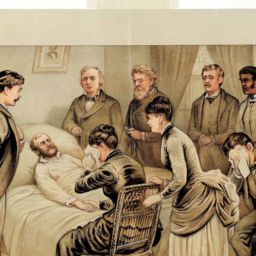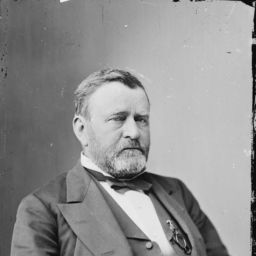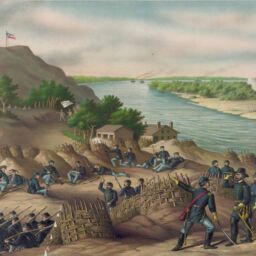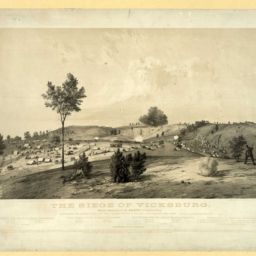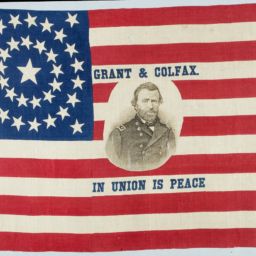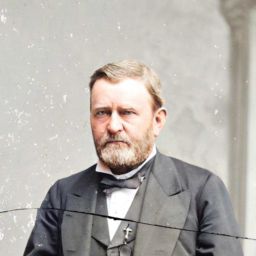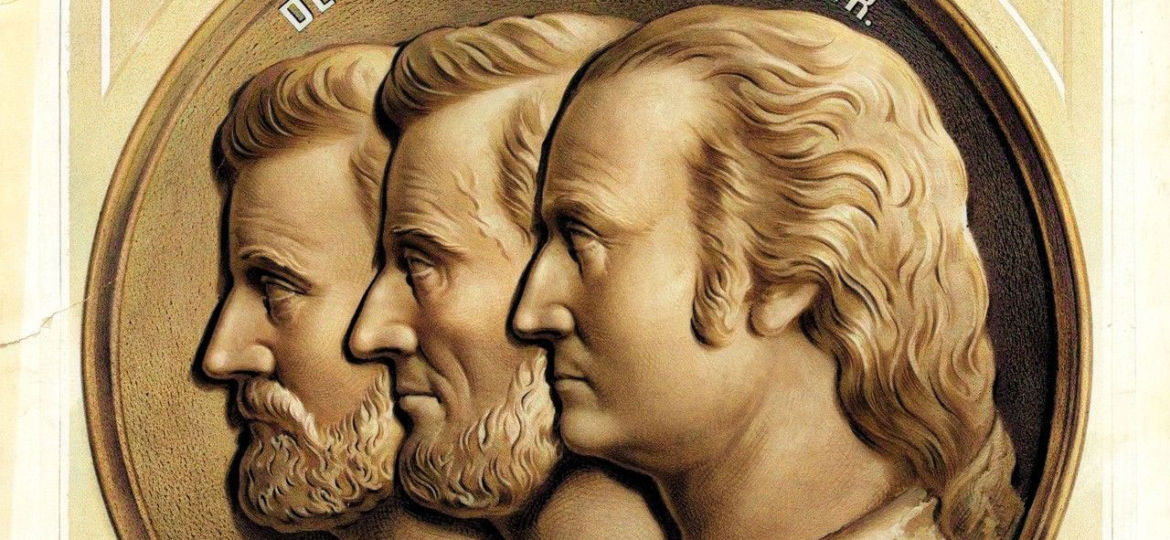

1. Ron Chernow, _Grant_ (New York: Penguin Books, 2017), xxiii.
2. Ibid., 85.
3. Ulysses S. Grant, _Personal Memoirs of U.S. Grant_, (New York: Charles L. Webster & Company, 1885). Project Gutenberg e-book, 62.
4. Chernow, _Grant_, 751.
5. John P. Cashon, "Paducah—Gateway to the Confederacy," Essential Civil War Curriculum, August 18, 2018. https://www.essentialcivilwarcurriculum.com/paducah-gateway-to-the-confederacy.html.
6. Elizabeth D. Samet, "7 Reasons Ulysses S. Grant Was One of America’s Most Brilliant Military Leaders," History.com, May 13, 2020. https://www.history.com/news/ulysses-s-grant-civil-war-general-strengths.
7. Charles R. Shrader, "Organization for Logistics in the Civil War," in _United States Army Logistics 1775–1992: An Anthology_, ed. by Charles R. Shrader (Washington D.C.: Center of Military History, 1997), 24:191, 194.
8. Edward H. Bonekemper III, "The Butcher's Bill," HistoryNet.com (website) [n.d.], from the April 2011 issue of _Civil War Times_, accessed January 28, 2022, https://www.historynet.com/the-butchers-bill.htm.
9. Jean Edward Smith, _Grant_ (New York: Simon & Schuster Paperbacks, 2001), 15, as quoted in Chernow, _Grant_, 193.
10. Letter to Elihu B. Washburne, August 30, 1863, in John Y. Simon, ed., _The Papers of Ulysses S. Grant, Volume 09: July 7, December 31, 1863_ (1982), 218. https://scholarsjunction.msstate.edu/usg-volumes/1/.
11. Hamlin Garland, _Ulysses S. Grant; his life and character_ (New York: Macmillan, 1920), xxiii.
12. "William Jones," National Park Service (website), accessed October 26, 2021. https://www.nps.gov/people/william-jones.htm.
13. Sean Kane, "Grant as a slaveholder," American Civil War Museum (website blog), November 21, 2017. https://acwm.org/blog/myths-misunderstandings-grant-slaveholder.
14. Letter to Washburne, _Papers of Ulysses S. Grant_, Volume 09, 218. https://scholarsjunction.msstate.edu/usg-volumes/1/.
15. Letter from Orville E. Babcock to George T. Downing, January 1870 [n.d.], in John Y. Simon, ed., _The Papers of Ulysses S. Grant, Volume 19: July 1, 1868–October 31, 1869_ (1991), 109.
16. Letter from Downing et al., May 13, 1869, in ibid., 108. https://scholarsjunction.msstate.edu/usg-volumes/21/
17. Ulysses S. Grant, "Announcement of Fifteenth Amendment Ratification" (speech, Washington DC, March 30, 1870), Miller Center. https://millercenter.org/the-presidency/presidential-speeches/march-30-1870-announcement-fifteenth-amendment-ratification.
18. Chernow, _Grant_, 751.
19. William Gillette. _Retreat from Reconstruction, 1869–1879_ (United Kingdom: LSU Press, 1982), 43.
20. Sean Wilentz, “The Return of Ulysses," The New Republic, January 25, 2010.
21. Steven Conn, "The Civil War: Losing the War, Winning the History," Origins: Current Events in Historical Perspective (website), October 2014. https://origins.osu.edu/history-news/civil-war-losing-war-winning-history?language_content_entity=en.


